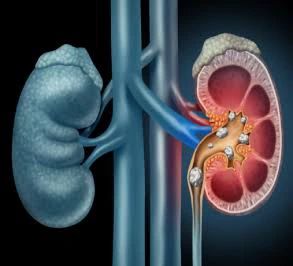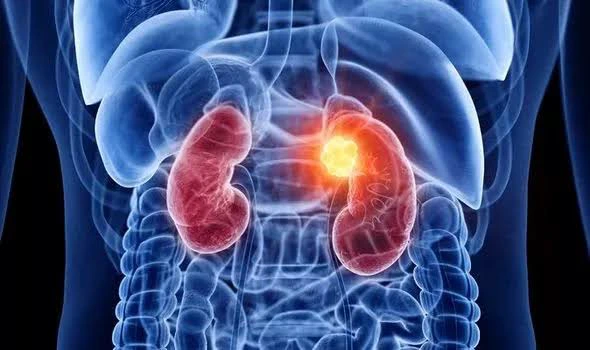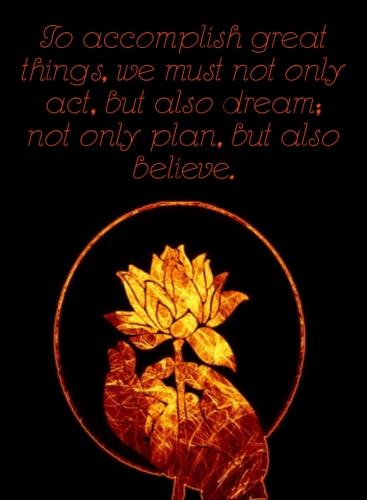News And PoliticsCommunications And EntertainmentSports And FitnessHealth And LifestyleOthersGeneralWorldnewsBusiness And MoneyNigerianewsRelationship And MarriageStories And PoemsArts And EducationScience And TechnologyCelebrityEntertainmentMotivationalsReligion And PrinciplesNewsFood And KitchenHealthPersonal Care And BeautySportsBusinessFamily And HolidaysStoriesIT And Computer ScienceRelationshipsLawLifestyleComedyReligionLifetipsEducationMotivationAgriculturePoliticsAnnouncementUSMLE And MedicalsMoneyEngineeringPoemsSocial SciencesHistoryFoodGive AidBeautyMarriageQuestions And AnswersHobbies And HandiworksVehicles And MobilityTechnologyFamilyPrinciplesNatureQuotesFashionAdvertisementChildrenKitchenGive HelpArtsWomenSpiritualityQuestions AnsweredAnimalsHerbal MedicineSciencePersonal CareFitnessTravelSecurityOpinionMedicineHome RemedyMenReviewsHobbiesGiveawayHolidaysUsmleVehiclesHandiworksHalloweenQ&A
Top Recent
Loading...
6 Habits That Cause Kidney Stone And 6 Ways To Prevent It
4 years ago
~5.9 mins read
Kidney stones are hard mineral deposits in the kidneys. When they move through your urinary tract, they cause excruciating discomfort or pain.
Habits That Can Cause Kidney Stones
1. Excess sugar or salt consumption
This is one of the leading causes of kidney stones. If you consume sugary foods or beverages regularly, you are increasing your chances of developing kidney stones. Fructose, which is found in table sugar and corn syrup, can cause kidney stones to form, and salty meals can increase calcium levels in your kidneys, and increase your risk of kidney stones.
2. Consuming animal proteins
Foods such as red meat, poultry, eggs, and dairy can all cause an increase in uric acid levels and concentrations, which is one of the causes of kidney stones.
Ad
3. Not Drinking Enough Water
You'll need a lot of urine to dilute the substances that could turn into stones. Your pee may appear dark if you don't drink enough. It should be transparent or pale yellow. If you've already had a stone, you should drink roughly 8 cups of urine every day. When the body is dehydrated, the kidneys may be unable to filter the urine, resulting in the formation of kidney stones.
4.
Ad
Diet
Ad
What you consume can have a significant impact on whether or not you develop one of these stones. The most common sort of kidney stone occurs when calcium and oxalate bind together in the urine made by your kidneys. Oxalate is a substance found in a variety of healthful meals and plants.
5. Gut problems
People with inflammatory bowel disease, such as Crohn's disease and ulcerative colitis, are more likely to develop kidney stones. Bowel disorders might cause diarrhoea, causing you to pee less. Extra oxalate from the gut may be absorbed by your body, resulting in more oxalate in your urine.
How To Prevent Kidney Stones?
1.
Ad
Stay hydrated
The best way to avoid kidney stones is to drink more water. Your pee output will be low if you don't drink enough. When you have low urine output, your urine is more concentrated and less likely to dissolve urinary salts, which can lead to stones.2. Increase your calcium intake by eating more calcium-rich foods.
The calcium oxalate stone is the most frequent type of kidney stone, causing many people to believe they should avoid calcium. The inverse is true. Low-calcium diets can raise your risk of kidney stones and osteoporosis.Calcium supplements, on the other hand, may raise your chances of developing stones.
Ad
Calcium supplements taken with a meal may assist to lower this risk.3. Consume less sodium
A high-salt diet raises your chances of developing calcium kidney stones. Too much salt in the urine, according to the Urology Care Foundation, prevents calcium from being reabsorbed from the urine into the circulation. This results in a high calcium level in the urine, which can lead to kidney stones.4. Eat fewer oxalate-rich foods
Some kidney stones are made of oxalate, a natural chemical found in meals that forms kidney stones when it binds with calcium in the urine. Keeping oxalate-rich foods to a minimum may help avoid the formation of stones.Spinach, chocolate, sweet potatoes, coffee, and peanuts, among other foods, are high in oxalates.
Ad
Because oxalate and calcium bond together in the digestive tract before reaching the kidneys, eating high-oxalate foods and calcium-rich foods at the same time makes it more difficult for stones to develop.5. Eat less animal protein
Animal protein-rich foods are acidic, which can lead to an increase in urine acidity. Both uric acid and calcium oxalate kidney stones can be caused by high urine acid. Beef, poultry, fish, and pork should be limited or avoided.6. Avoid vitamin C supplements
Supplementing with vitamin C (ascorbic acid) can lead to kidney stones, especially in men. According to a study, males who used high amounts of vitamin C supplements had a twofold increased risk of kidney stone formation.Source: Healthline
1.
Ad
Stay hydrated
Ad
The best way to avoid kidney stones is to drink more water. Your pee output will be low if you don't drink enough. When you have low urine output, your urine is more concentrated and less likely to dissolve urinary salts, which can lead to stones.
2. Increase your calcium intake by eating more calcium-rich foods.
The calcium oxalate stone is the most frequent type of kidney stone, causing many people to believe they should avoid calcium. The inverse is true. Low-calcium diets can raise your risk of kidney stones and osteoporosis.
Calcium supplements, on the other hand, may raise your chances of developing stones.
Calcium supplements taken with a meal may assist to lower this risk.
Ad
3. Consume less sodium
A high-salt diet raises your chances of developing calcium kidney stones. Too much salt in the urine, according to the Urology Care Foundation, prevents calcium from being reabsorbed from the urine into the circulation. This results in a high calcium level in the urine, which can lead to kidney stones.
4. Eat fewer oxalate-rich foods
Some kidney stones are made of oxalate, a natural chemical found in meals that forms kidney stones when it binds with calcium in the urine. Keeping oxalate-rich foods to a minimum may help avoid the formation of stones.
Spinach, chocolate, sweet potatoes, coffee, and peanuts, among other foods, are high in oxalates.
Because oxalate and calcium bond together in the digestive tract before reaching the kidneys, eating high-oxalate foods and calcium-rich foods at the same time makes it more difficult for stones to develop.
Ad
5. Eat less animal protein
Animal protein-rich foods are acidic, which can lead to an increase in urine acidity. Both uric acid and calcium oxalate kidney stones can be caused by high urine acid. Beef, poultry, fish, and pork should be limited or avoided.
6. Avoid vitamin C supplements
Supplementing with vitamin C (ascorbic acid) can lead to kidney stones, especially in men. According to a study, males who used high amounts of vitamin C supplements had a twofold increased risk of kidney stone formation.
Source: Healthline
Loading...

